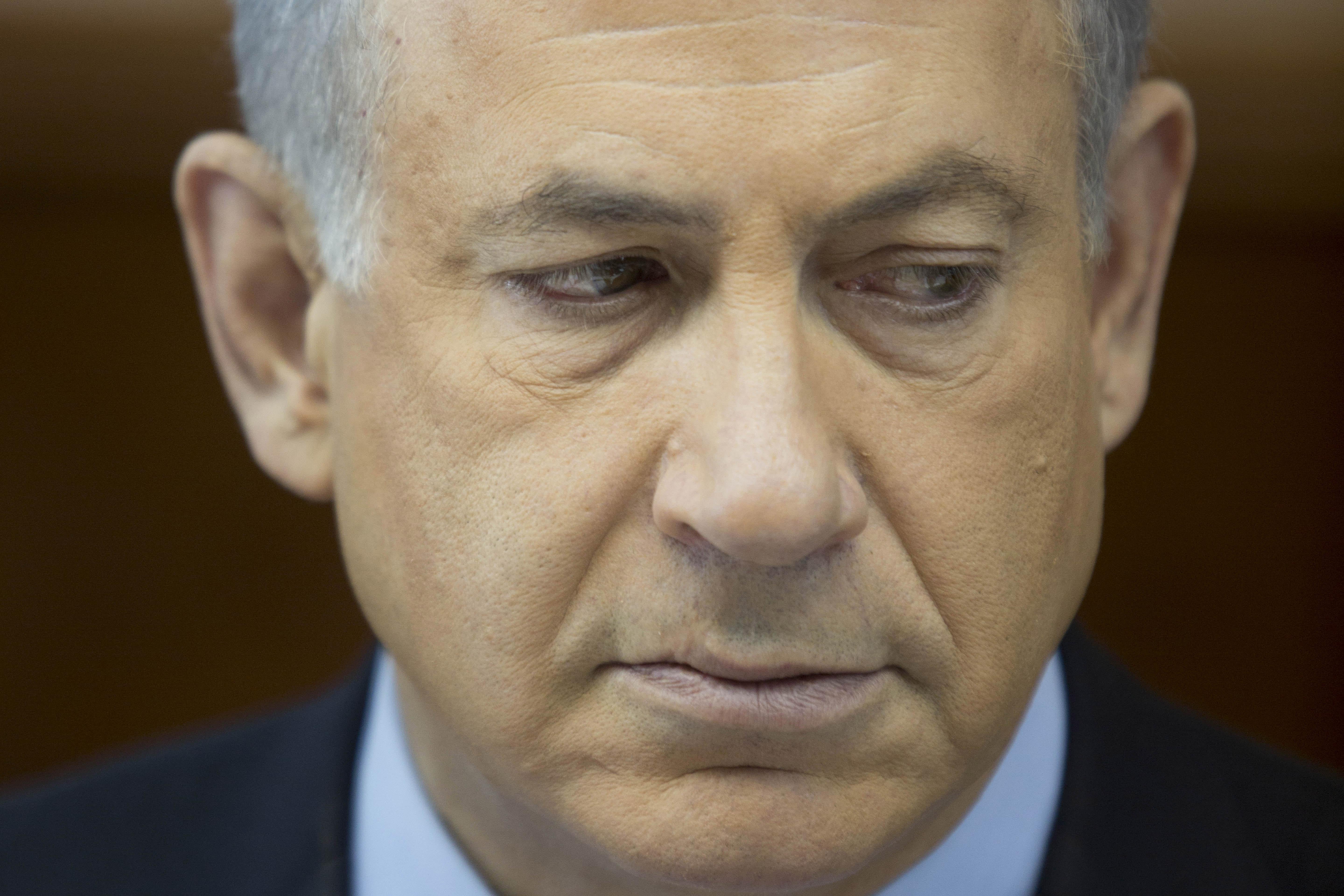Israeli Prime Minister Benjamin Netanyahu did not mince words Sunday as he forcefully condemned the nuclear agreement Iran sealed with world powers early Sunday. “What was achieved last night in Geneva is not a historic agreement, but a historic mistake,” Netanyahu said. “Today the world has become a much more dangerous place because the most dangerous regime in the world has taken a significant step toward attaining the most dangerous weapon in the world.” For their part, Iran’s Arab neighbors largely chose to stay silent with some expressing tepid support for the deal.
In Israel, Netanyahu was hardly the only official to speak out against the agreement that fell short of Israel’s demands that Iran had to be forced to stop enriching uranium and dismantle an unfinished heavy water reactor that could be used to produce plutonium, notes Bloomberg. “This deal will create a new arms race that includes the Middle East,” Foreign Minister Avigdor Liberman said. “The world has to understand that this is the biggest diplomatic victory Iran has had in recent years.” Meanwhile, Defense Minister Moshe Ya’alon said that “the agreement is not an achievement for the West but surrender to the charm offensive and Iranian deceit, aimed at gaining more time,” reports Ynet News.
While many in the government complained of the deal, others in Israel tried to tone down concerns, emphasizing the agreement is only temporary. “If this was a final agreement, it would indeed be a very bad deal, but this is not the case,” Israel’s former Military Intelligence chief and the head of the Institute for National Security Studies, Amos Yadlin, said, according to the Jerusalem Post. Over at Ynet News, Ron Ben-Yishai agrees it “is a reasonable agreement and even a good one” as long as it actually is temporary. Now that a deal has been sealed Netanyahu must rethink his strategy because his very public opposition to the deal has been “straining the U.S.-Israel relationship to its limits,” writes Raphael Ahren of the Times of Israel.
Meanwhile, Western allies in the Persian Gulf that have long been skeptical of negotiations with Tehran mostly opted for silence after the deal was announced. Saudi Arabia, Kuwait and Qatar did not issue an official response to the agreement after their leaders held talks over the weekend, reports Reuters. The United Arab Emirates and Bahrain, however, did offer some support. Iran’s Arab allies—Iraq and Syria—also welcomed the deal.
